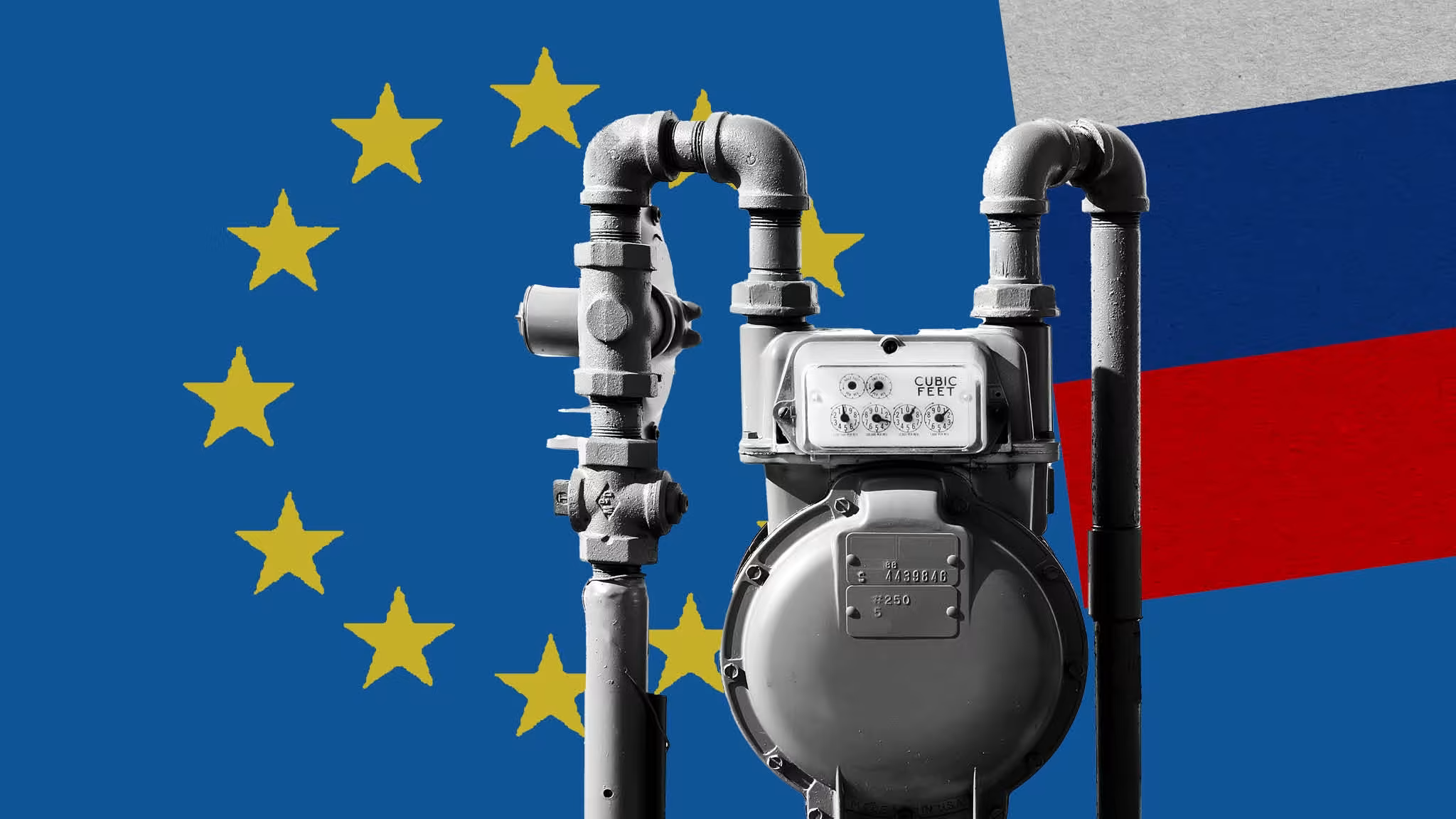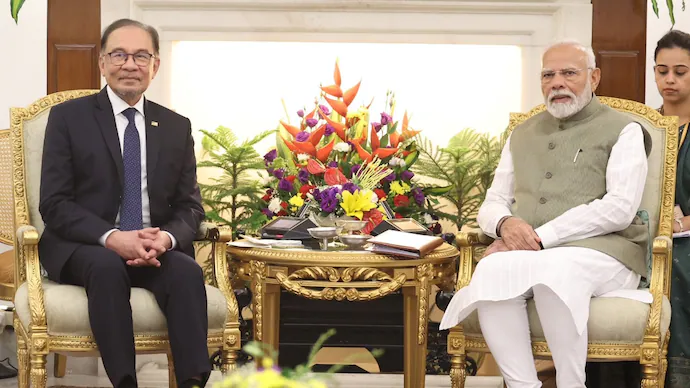The Biden administration is pressuring New Delhi to cut through its own red tape and finalise a deal for dozens of American-made armed drones ahead of Indian Prime Minister Narendra Modi’s state visit to Washington, according to two people familiar with the situation.
India has long indicated a desire to purchase huge, American-made armed drones. But for years, a deal for SeaGuardian drones that might be worth $2 billion to $3 billion has been stalled by bureaucratic roadblocks.
The visit of Indian Prime Minister Narendra Modi to the White House on June 22 is expected to help U.S. negotiators break the impasse.
The U.S. State Department, Pentagon, and White House have requested India to “show” progress on the agreement for up to 30 armable MQ-9B SeaGuardian drones built by General Atomics since the visit date was set, according to two sources.
While Modi is in Washington, the co-production of munitions and ground vehicles like armoured personnel carriers is also anticipated to be a topic of conversation between Modi and Biden, according to the sources.
Pentagon, Department of State, and White House spokesman all declined to comment on the talks.
While the world’s two largest democracies do not currently have a formal security alliance, U.S. President Joe Biden has made strengthening ties with India a key component of his strategy to counter China’s expanding influence. This year, in particular, Biden has focused on collaboration between the two countries on advanced military technologies.
New Delhi has irritated Washington by preserving some defence and economic connections with Russia after the invasion of Ukraine. New Delhi frequently values its non-alignment in wars between great powers abroad.
An internal conference to produce a “Acceptance of Necessity” document—the Indian equivalent of a formal “Letter of Request” that starts the foreign military sale process—could be the key to unlocking India’s bureaucratic bottleneck on drones. The sources were uncertain as of Tuesday as to whether New Delhi had produced the required internal document.
The Indian government will have to decide that, according to a senior Biden administration official. “We believe that they should proceed with the procurement of MQ-9s. However, India sort of has more control over those choices than we do.
As Jake Sullivan, Biden’s national security adviser, arrived in New Delhi on Tuesday to complete preparations for Modi’s visit, the subject was anticipated to be on the agenda.
According to a person familiar with the conversations, as of last week, the Indian defence ministry still wasn’t sure how many drones it wanted to purchase. The first estimate was for 30, but it was then changed to 24, and then further reduced to 18 last month. According to sources, none of the figures were definitive.
Any contract could be complicated by India’s need for equipment components to be produced domestically.
The MQ-9B SeaGuardian is currently or has previously been used by the Quad group of nations, which consists of the United States, India, Australia, and Japan. India is currently renting MQ-9Bs to use in intelligence gathering.





 Health2 days ago
Health2 days ago


 Special Editions2 days ago
Special Editions2 days ago


 Special Editions2 days ago
Special Editions2 days ago


 Special Editions3 months ago
Special Editions3 months ago


 Special Editions2 days ago
Special Editions2 days ago













